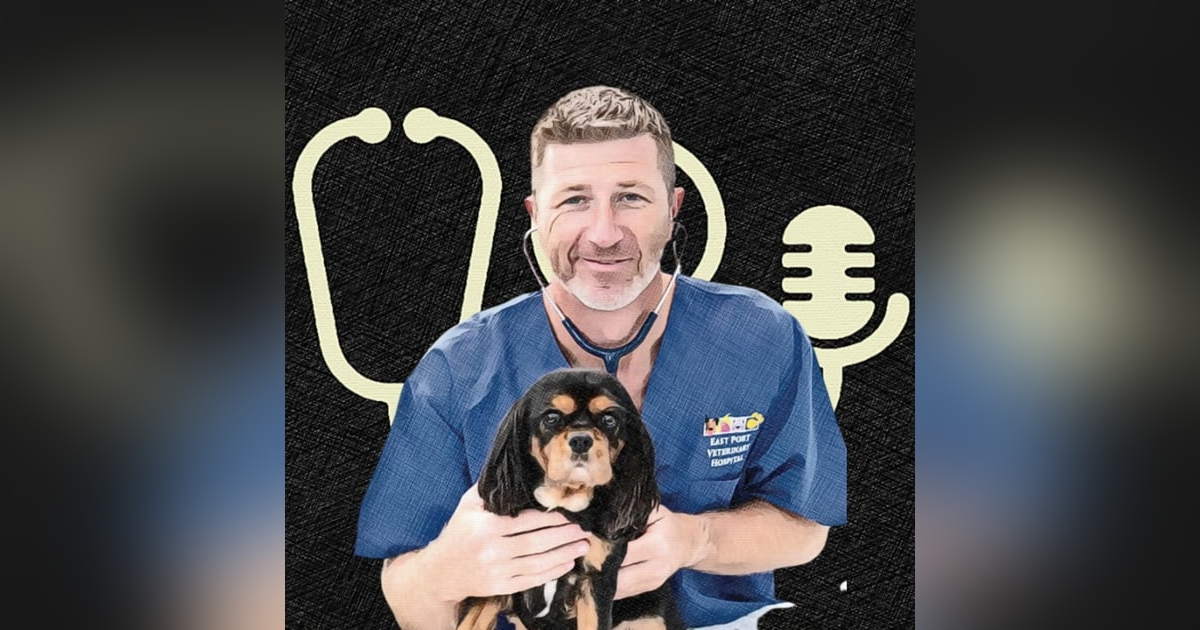#110: Practice Good Medicine - The Rest Will Take Care Of Itself. With Dr Gary Turnbull

This episode is available as a video podcast on Spotify.
Dr Gary Turnbull is a Director of The Lincoln Institute, a coach, speaker and facilitator in the fields of veterinary practice management and leadership, veterinary business models and life balance strategies. He’s also a former practice owner with decades of clinical vetting and leadership experience under his belt. Through his work at The Lincoln Institute, Gary helps practice owners and employees with "people problems”, team culture, staff engagement, productivity and profit.
And it’s exactly the intersection between these things that I wanted to talk to Gary about: the seemingly opposing needs for productivity and profit from a practice owner’s perspective with the desire of employed vets to have an engaged workplace with great culture.
I love Gary’s role as a coach for both practice owners AND employed vets, because gives him some unique insights into topics like how team leaders can motivate productivity without the team feeling that it’s just more ways that the boss wants us to make them more money, how to productively give and receive feedback about productivity, why and how team leaders need to be crystal clear about their practice values, and for employed vets - how to approach that annual review and how to show value when you’re not the vet who bills the big surgeries. Gary also helps me with a guide to make those client money conversions a lot less anxiety-inducing, and I put his coaching skills around conflict situations to the test with the big question: how do you deal with that accusation of ‘all you care about is the money.’
Topic list:
11:25 The importance of leadership nuance and messaging.
19:48 How to set clear, supportive expectations for your team.
22:13 Always come back to standards of care over "purse protecting".
27:29 We need more data than an average transaction fee.
32:04 Keeping track of your bookings and reframing how we view our care recommendations.
40:04 Remembering that people prioritise their pet differently within their family unit.
47:33 The 6 steps that you should make a habit in the consult room.
59:13 Shifting the focus away from money.
63:27 Practice makes perfect (or makes us more comfortable).
70:11 How a client viewing what happens behind the scenes can change their perception of fees.
74:01 Gary's favourite podcasts.
74:28 Gary's one piece of advice for new grad vets.
Join our community of Vet Vault Nerds to lift your clinical game and get your groove back with our up-to-date, easy-to-consume clinical episodes at vvn.supercast.com.
Get help with your cases in our Specialist Support Space.
Visit thevetvault.com for show notes and resources related to this episode.
Connect with us through our online Vet Vault Network for episode highlights, clinical resources, discussions, questions and support.
Subscribe to our weekly newsletter here for Hubert's favourite clinical and non-clinical learnings from the week.
Petition to protect Aussie Vets' access to compounded veterinary medicines for emergency use.






